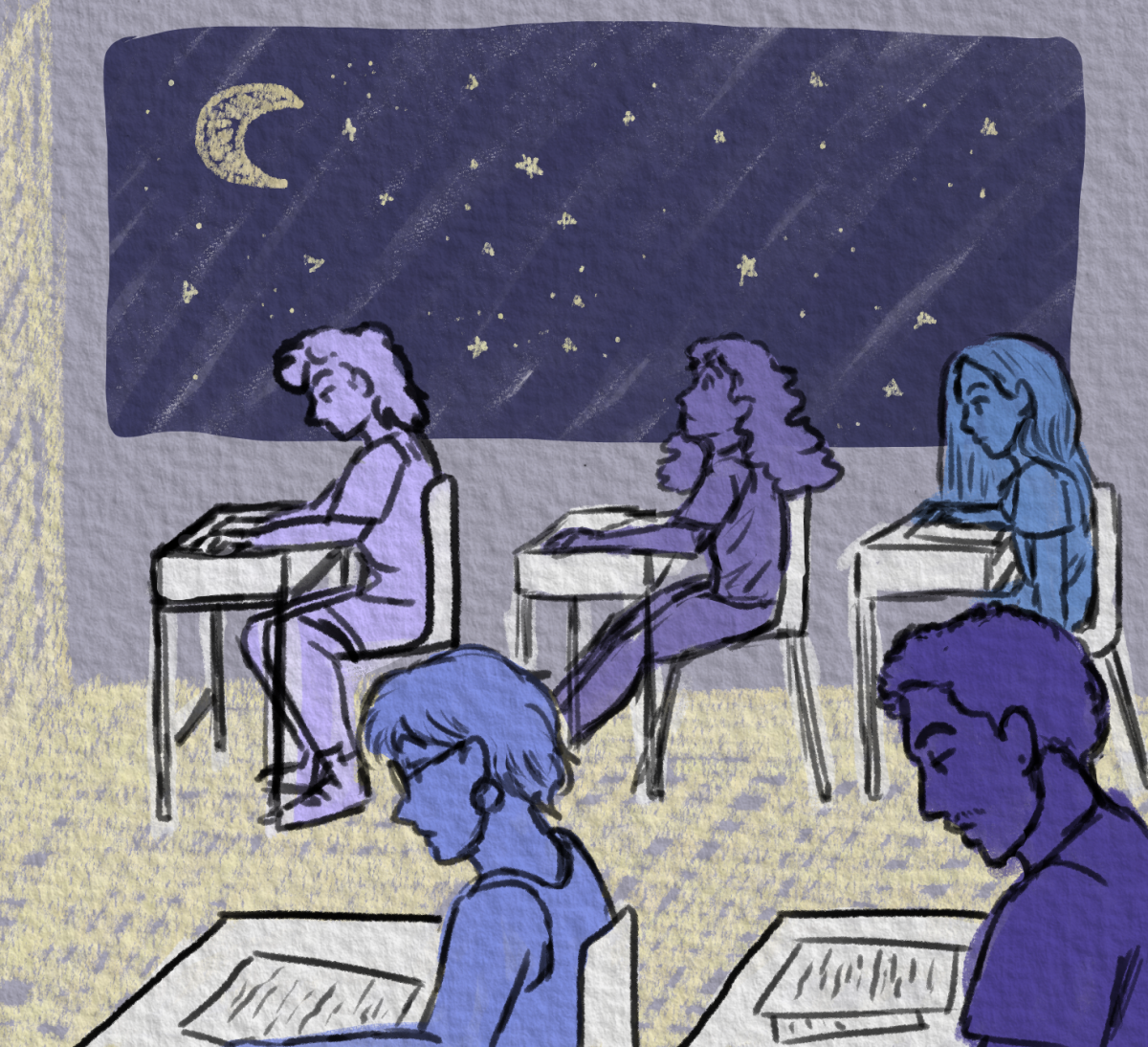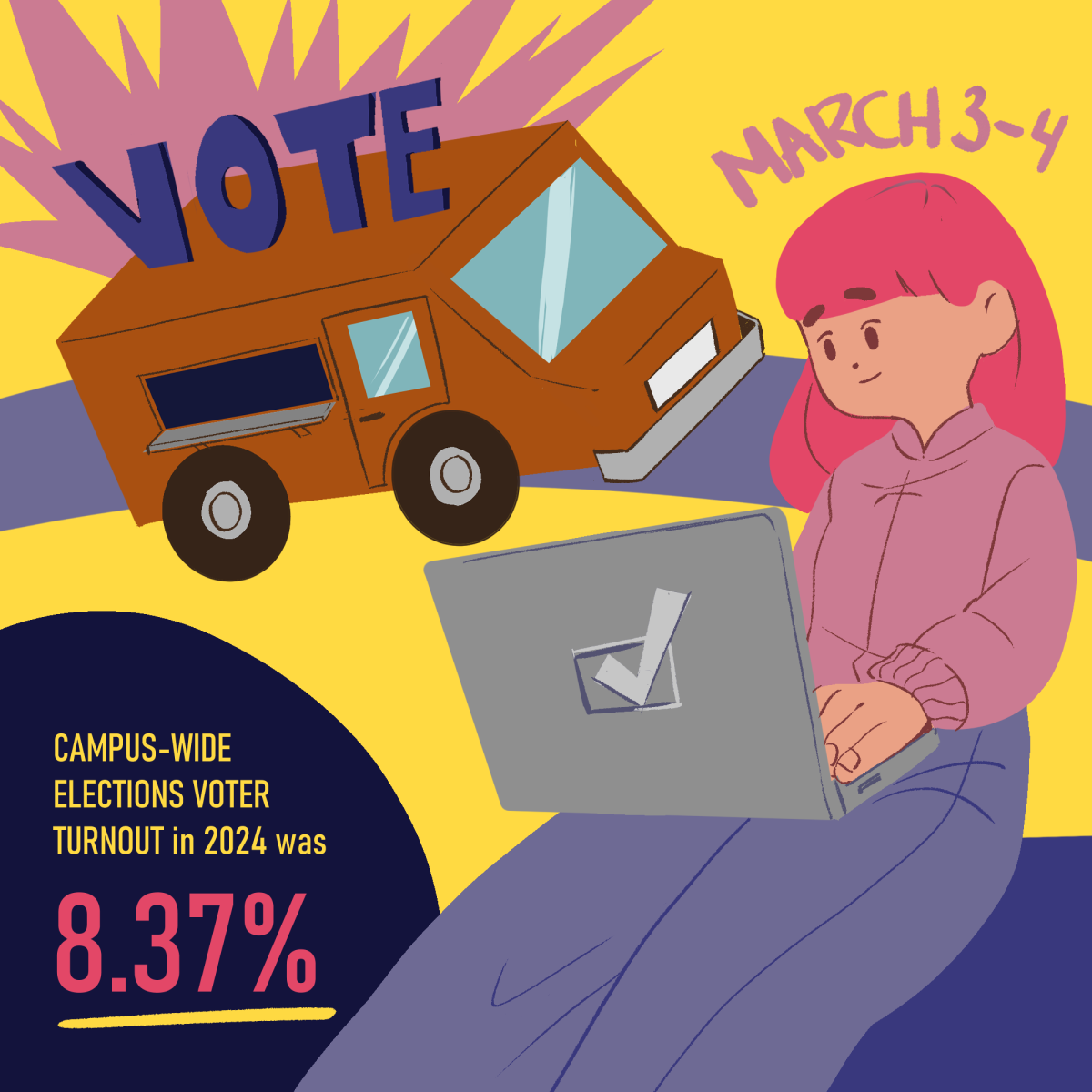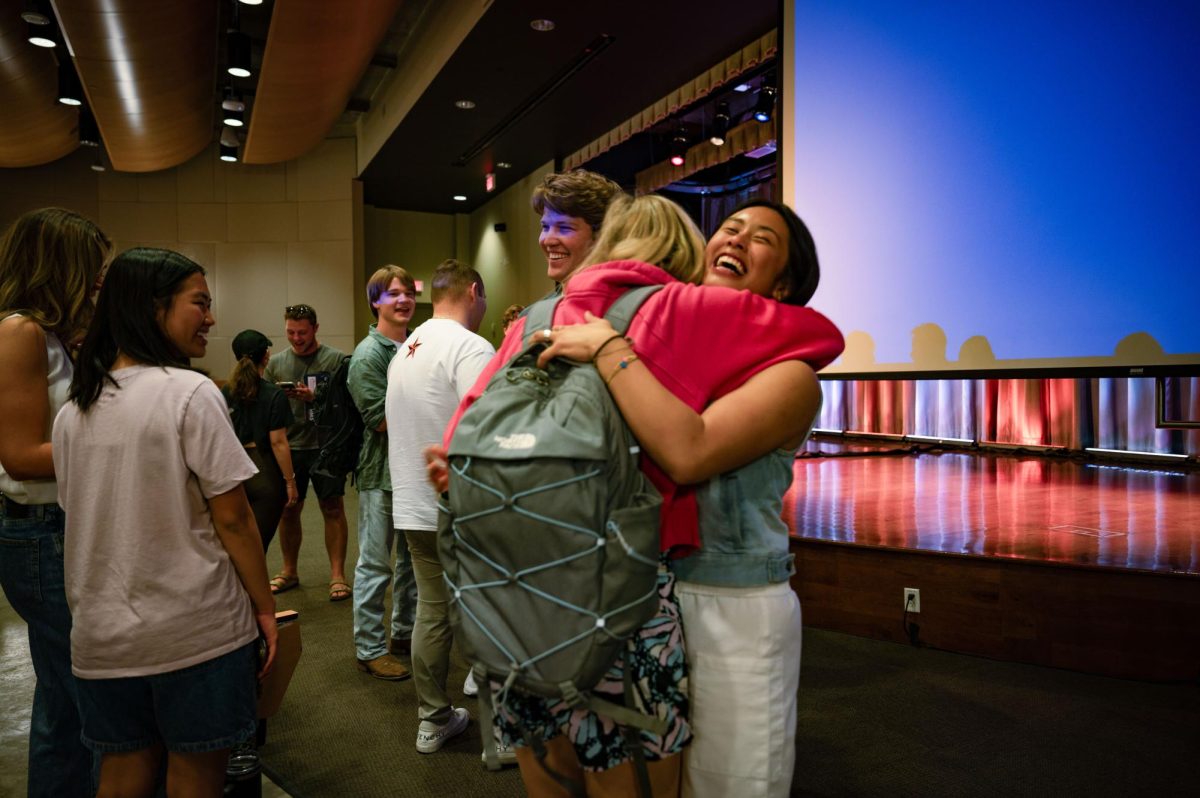UT Student Government approved a survey geared towards “non-traditional students” that will measure student interest in evening classes on Jan. 23.
Non-traditional students include students with children, students with full-time jobs and commuter students, and evening classes are meant to give them more flexibility in their education. The results from the survey will be collected by mid-March.
“I saw it as a duty to help these students as much as we can, because people aren’t usually thinking about non-traditional students,” said Jeremiah Nuñez, co-author of the legislation and transfer representative.
Student Government will send out the survey via email to a representative sample of students obtained from UT Institutional Reporting, Research, Information and Surveys. Nuñez said IRRIS is still developing that sample.
Indigo Raetz, transfer representative and co-author of the legislation, said the idea for the survey stemmed from his own experience as a transfer student. Working full-time and having classes mostly online, he said more evening classes would have improved his college experience.
“There was one five o’clock class which was a saving grace,” Raetz said. “I just loved having some evening classes in my schedule, and that allowed me as a non-traditional student with a heavy schedule to still have a presence on campus as opposed to mostly online.”
Jennifer Brantley, a 45-year-old transfer student who works three jobs, said having classes only during the day limits her job opportunities. She is a licensed medical assistant but currently works part-time with Parking and Transportation Services, as a Doordasher and as a hostess at a restaurant. She said evening classes would allow her to better manage her time and get more out of both classes and work.
“I get job offers all the time from medical recruiters,” said Brantley, an international relations and global studies major. “They’re asking me to come work for them, but they’re all for 8 to 5 full-time positions, and I’ll have ‘Human Rights’ or ‘Nazi Culture and Politics’ or ‘Microeconomics’ at that time.”
After the data from the survey is collected, Nuñez said they will first collaborate with the Student Senate and the Graduate Assembly to pass legislation calling for evening classes in their respective sessions, which will “show how the whole student body supports this initiative.”
Raetz said they will also gauge the desire among professors to teach evening classes once student interest is established. He said the survey will tell them if there is demand for evening classes in a particular school or college, so they will talk to professors based on those results.
“Once people in different areas of UT learn there is a real need for this and the students are trying to improve themselves through evening classes,” Nuñez said. “It will become a more viable pathway.”
Editor’s Note: A previous version of this article incorrectly attributed where the sample of students would come from. The story has been updated to reflect this. The Texan regrets this error.














